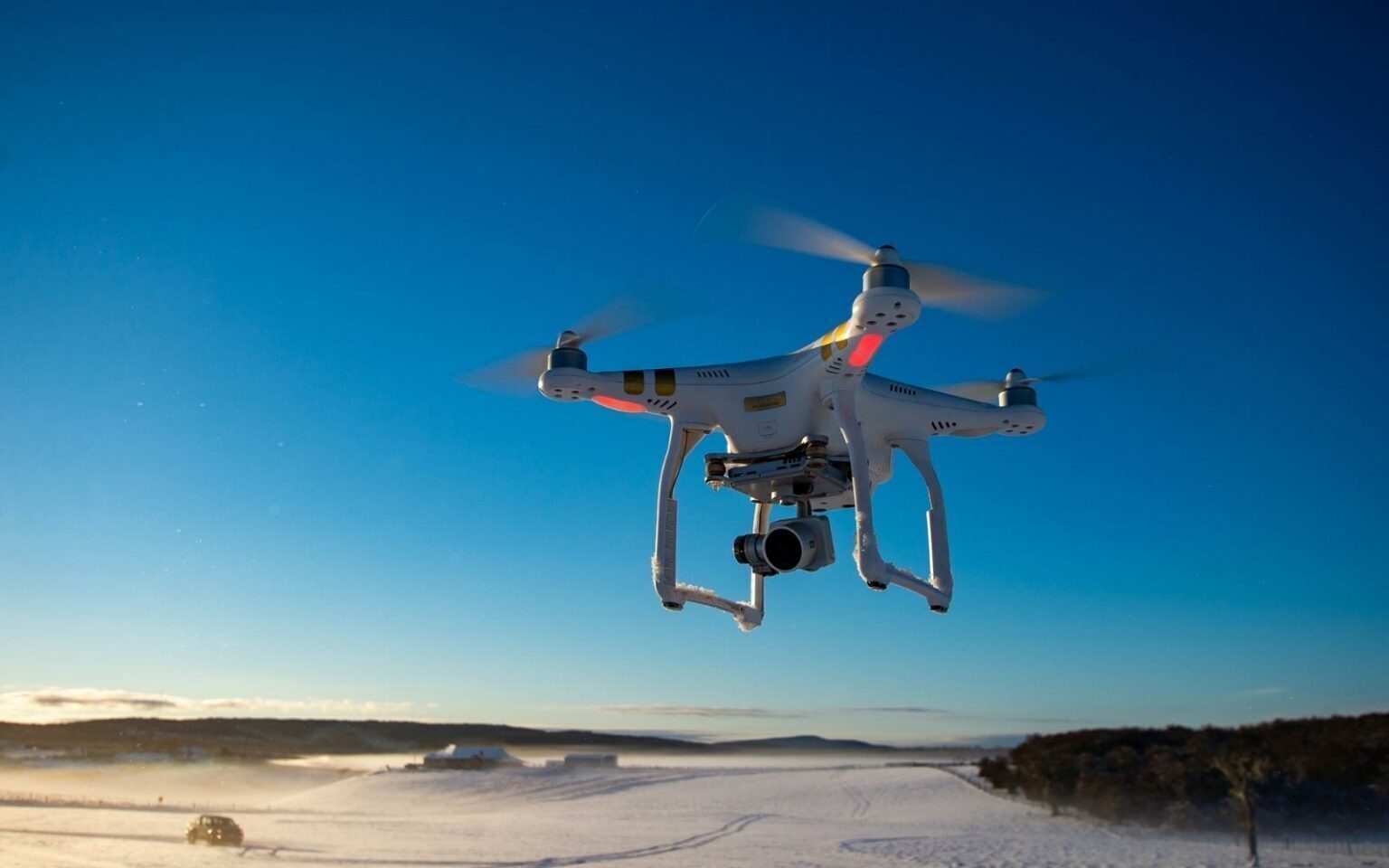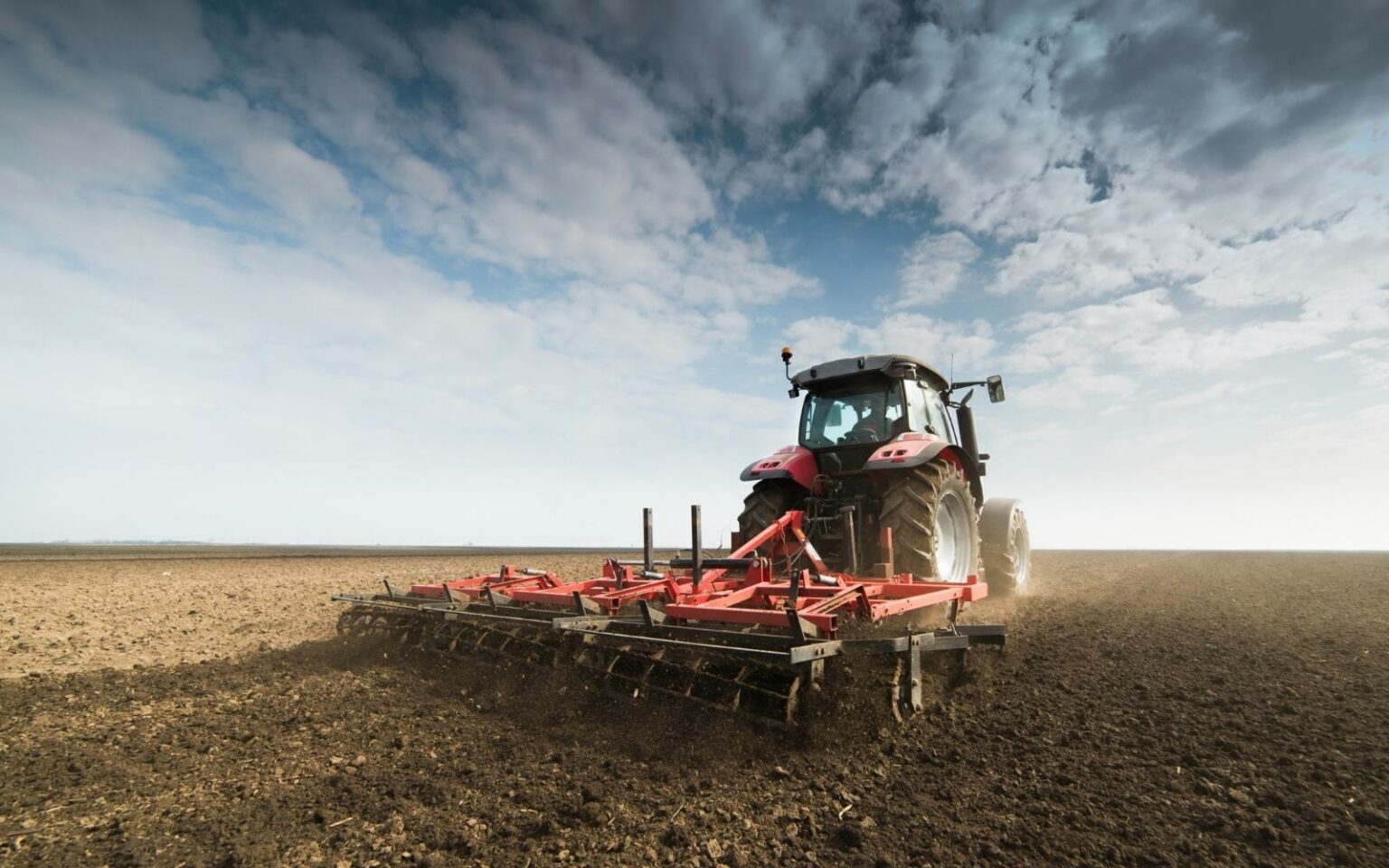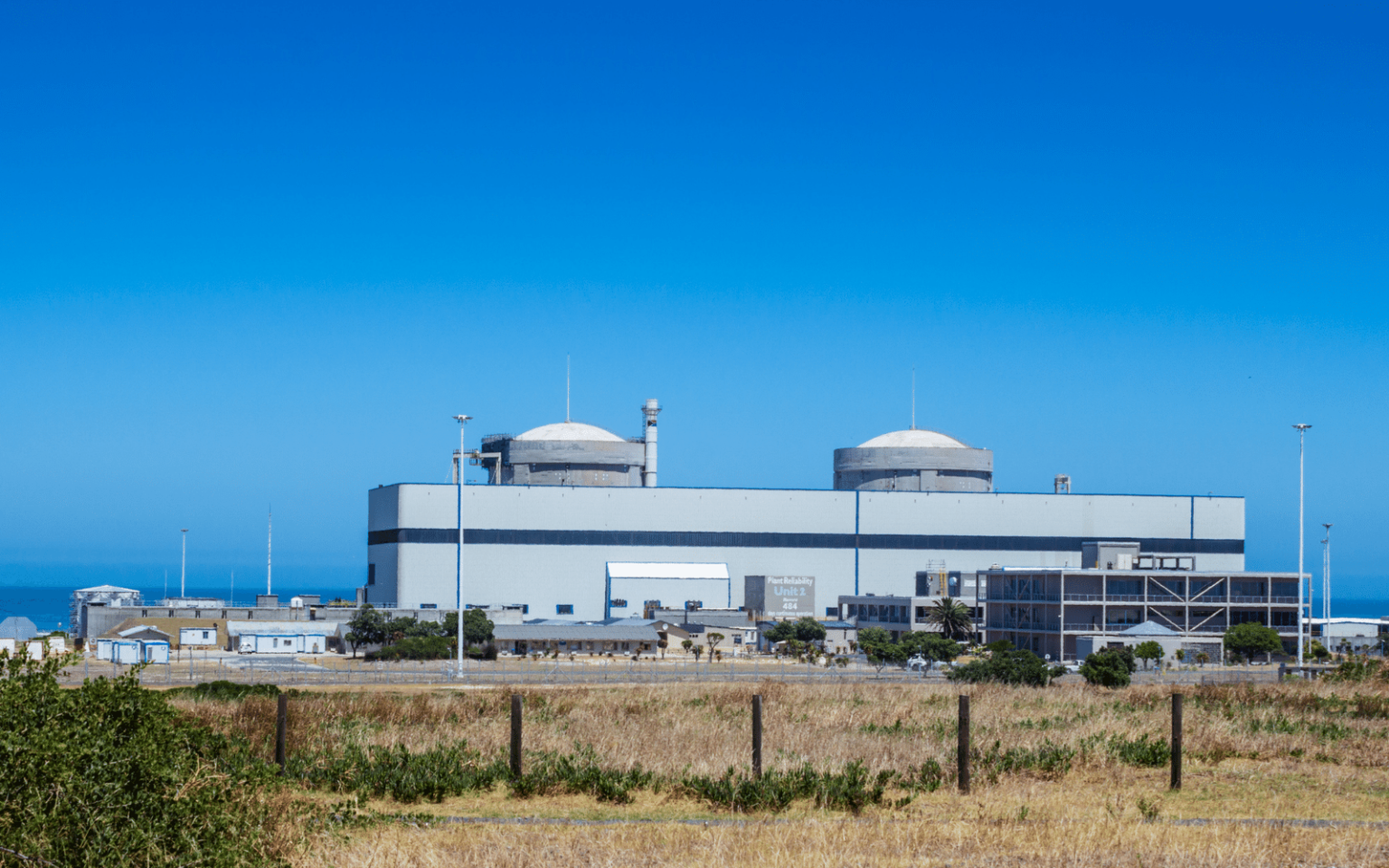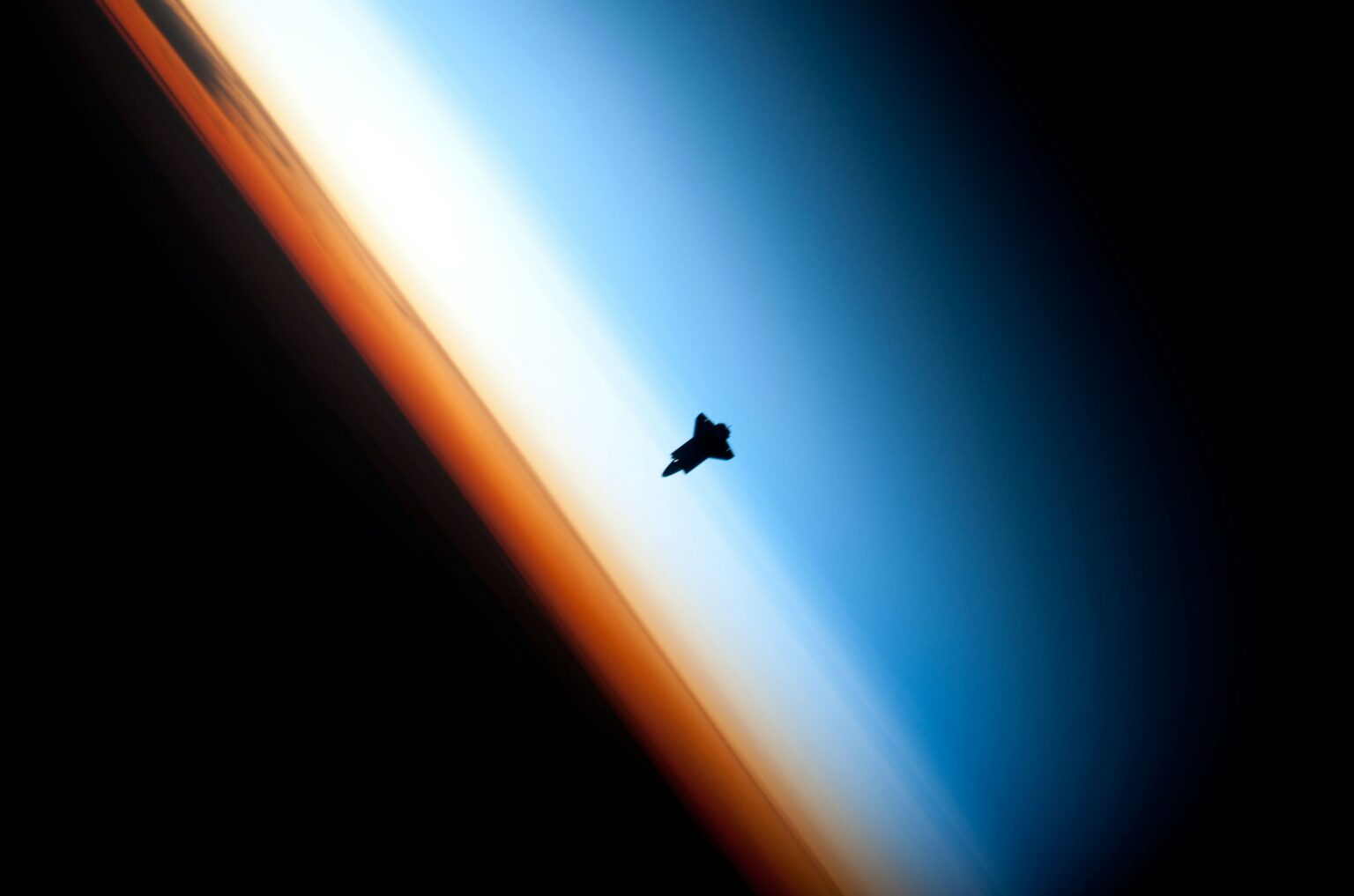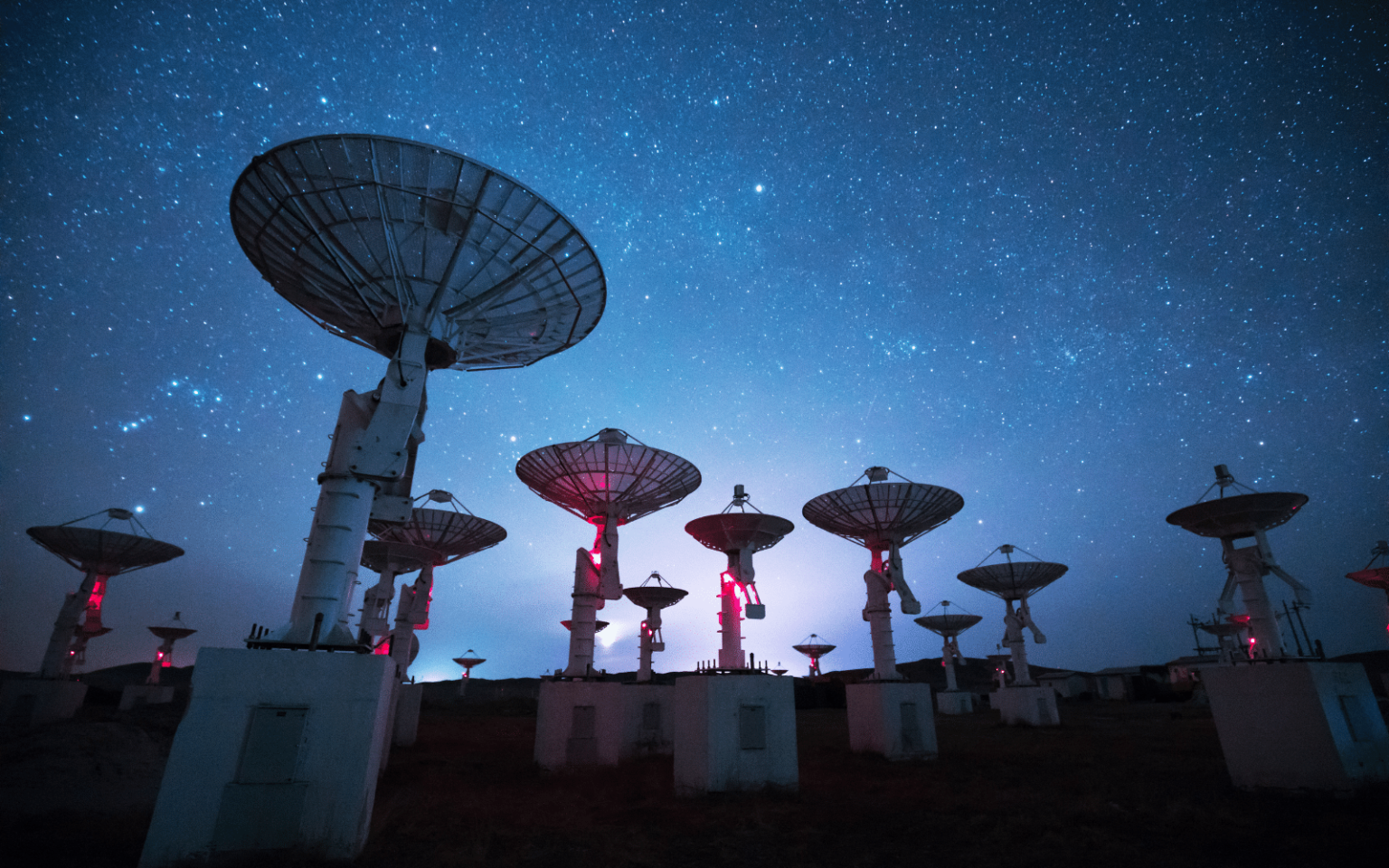Within just two years, the UK could be home to the planet’s biggest drone superhighway thanks to the plans of a group of technology companies. It sounds like something out of a science fiction movie, but it’s just one of a number of projects in the pipeline as part of the UK government’s drone ambition statement announced recently. But it’s important not to get carried away. These plans could change British skies and people’s lives. Now is the time to think about whether the noise, safety risk and disruption to family neighbourhoods is worth it. Right now, UK laws restrict the use of pilotless…
Author: The Conversation
The software that runs John Deere tractors was successfully “jailbroken” at this year’s DEF CON hacker convention, enabling farmers to repair or retune their equipment without engaging with the company that sold them their vehicles. The hacker involved, who calls himself Sick Codes, was responding directly to US farmers’ long-standing concerns that their “smart” tractors are run on software that only John Deere can access to repair. Smart tractors, including those manufactured by John Deere, are also widely used in the UK. Sick Codes’ jailbreak was undertaken to “liberate the tractors”, he said. John Deere responded in a statement to Wired magazine that it works closely with cybersecurity…
In the past month, my email has served up two contrasting examples of the state of scholarly publishing in African countries. The one was an invitation to celebrate the centenary of South Africa’s Wits University Press. The other, an academic report on the demise of Nigerian university presses. Between these two extremes, there are only a few functioning African university presses in 2022 – a recent survey found only 15 active presses out of 52 that claim to still be working. The situation is similar in other universities in the global South, such as in India and Latin America, where most university presses function as printers rather…
Consumers in South Africa continue to grapple with a high cost of living, particularly with the latest rising fuel costs. In the last several months, the price for one litre of 95 octane petrol (inland) has risen by 36.4%, from R19.61 in January 2022 to R26.74 (about US$1.60) in July 2022. A combination of factors underlies this massive increase. One of the biggest is the Russia-Ukraine conflict as the two countries are substantial players in the global commodities market. This is a concern for South Africa, which is highly dependent on imports of energy products. The country’s dependence on crude oil imports is directly related to the spike in domestic petroleum…
South Africa’s only nuclear power plant, Koeberg, has frequently been in the news in 2022, all for the wrong reasons. Its operating licence expires in 2024, and its continued operation thereafter depends on critical refurbishments and upgrades. Work on these finally began in January this year, but immediately ran into difficulties, forcing significant delays. Koeberg is supplying only half of its power while work is in progress. This has amplified the crippling power shortages South Africa has been experiencing. This state of affairs, where the country effectively has 3% less generating power available than it would otherwise have, is expected to persist for the…
The recent cyberattacks in August on Bombardier Recreational Products and the Ontario Cannabis Store highlight the continuing scourge of cyber criminals and ransomware. Ransomware is a piece of malware — malicious software — code that gets into an information system and blocks access to the computer or its files until the victim pays to obtain a key, or password. Ransomware was a term that did not enter the popular lexicon until about 10 years ago (and it was added to the Oxford English Dictionary in 2018). It has now evolved, and in 2021, there were 3,729 ransomware complaints registered, with losses of US$49.2 million…
Virtual health care was adopted more widely during the COVID-19 pandemic, with many people accessing health-care providers remotely. However, easy and convenient access to technology means some people may choose to bypass health care and consult Dr. Google directly, with online self-diagnosis. Here is a common scenario: picture someone sitting at home, when suddenly their head starts pounding, their eyes start to itch and their heart rate rises. They reach for their phone or laptop to quickly Google what can possibly be wrong. It’s possible that the search results could offer accurate answers about the cause of the person’s symptoms. Or…
The release of the first images taken by NASA’s James Webb Space Telescope will inspire generations with the infinite possibilities that outer space holds. Clearly, we have a responsibility to ensure that only peaceful, safe, sustainable, lawful and legitimate uses of space are undertaken for the benefit of humanity and future generations. In pursuit of this, over the past six years McGill University and a host of collaborating institutions around the world have been involved in the drafting of the McGill Manual on International Law Applicable to Military Uses of Outer Space. In August, the first volume of the McGill Manual was published. It contains the 52…
We often think of astronomy as a visual science with beautiful images of the universe. However, astronomers use a wide range of analysis tools beyond images to understand nature at a deeper level. Data sonification is the process of converting data into sound. It has powerful applications in research, education and outreach, and also enables blind and visually impaired communities to understand plots, images and other data. Its use as a tool in science is still in its early stages – but astronomy groups are leading the way. In a paper published in Nature Astronomy, my colleagues and I discuss the current…
How are social media platforms managing vaccine misinformation at this stage in the pandemic? Anti-vaccine sentiment has been building since 2020, and hasn’t gone anywhere. In fact, it will have intensified following the recent approval of COVID-19 vaccinations for some babies and children under five, and the recommendation for a fourth booster shot for people over 30. And although anti-vaxxers can be found in most online spaces, Facebook has historically been one of their platforms of choice. Swinburne PhD student Damilola Ayeni has been interviewing anti-vaccine activists since 2019, to learn about how they grow their audience on Facebook and how they evade moderation.…

